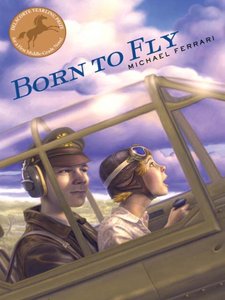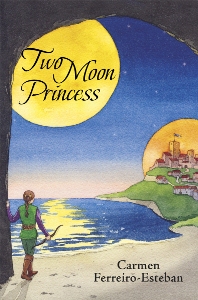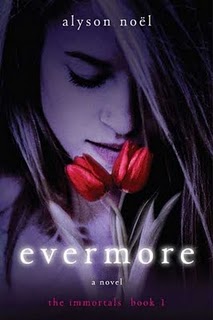This review contains affiliate links, which earn me a small commission when you click and purchase, at no extra cost to you. Thank you for supporting my small business and allowing me to continue providing you a reliable resource for clean book ratings.
Eleven-year-old Bird McGill has always wanted to fly, particularly the P-40 fighter plane. It’s something she and her dad have worked towards ever since she was old enough to reach the pedals. The fact that she’s a girl — and girls in 1941 weren’t supposed to be interested in flying airplanes — never has seemed to matter to either her or her father.
Then, the Japanese bomb Pearl Harbor, and Bird’s life changes. Her father gets shipped away to fight in the war, and a new kid — Kenji — comes to town. He’s Japanese, and he’s come to Rhode Island to live with an uncle because his family in California is facing forced internment. He’s resentful, and — interestingly, realistically — faces much of the same resentment and racism that he’d faced in California.
Both being outcasts, Bird and Kenji form a tentative friendship, which is strained and tested when they inadvertently witness both the murder of a local draft dodger and the sabotage of a engine factory. Kenji’s uncle is framed for both, and found guilty. And it’s up to Bird to set things right.
Born to Fly is partly a mystery, partly an adventure story, partly a tale of friendship and ignoring expectations. It tries to do a bit too much, and is a bit over-the-top, but Ferrari succeeds admirably on one account: it’s a story with not only a strong female character, but a middle-grade one who makes things happen. Sure, it’s unbelievable that she would actually get to fly a P-40 plane, but by the end, who cares? Bird is awesome. Bird makes things happen. Bird — in spite of, or perhaps because of, her faults and insecurities — rocks. She’s inspiring.
In addition to creating a strong heroine, Ferrari unflinchingly tackles things like class and race and patriotism and makes it work in the context of the plot. Kenji is not just a cardboard 1940s Japanese character; he has hopes and dreams and frustrations, all of which are quite palpable. Enough so that you cringe when people call him the “Jap” and tell him to go back where he came from. Enough so that you want Bird to rescue him, to beat down the bad guys, to show up everyone in town.
Again, it’s probably a bit heavy-handed to put so much in one book (I, personally, would have liked it if there was a bit less, and it did come off as a bit moralistic by the end), but overall, it works, and works well.
Rated: Mild (action scenes, some mention of smoking, minor characters caught in the woods in various stages of undress, racism … nothing really major, but a lot of little things.)




